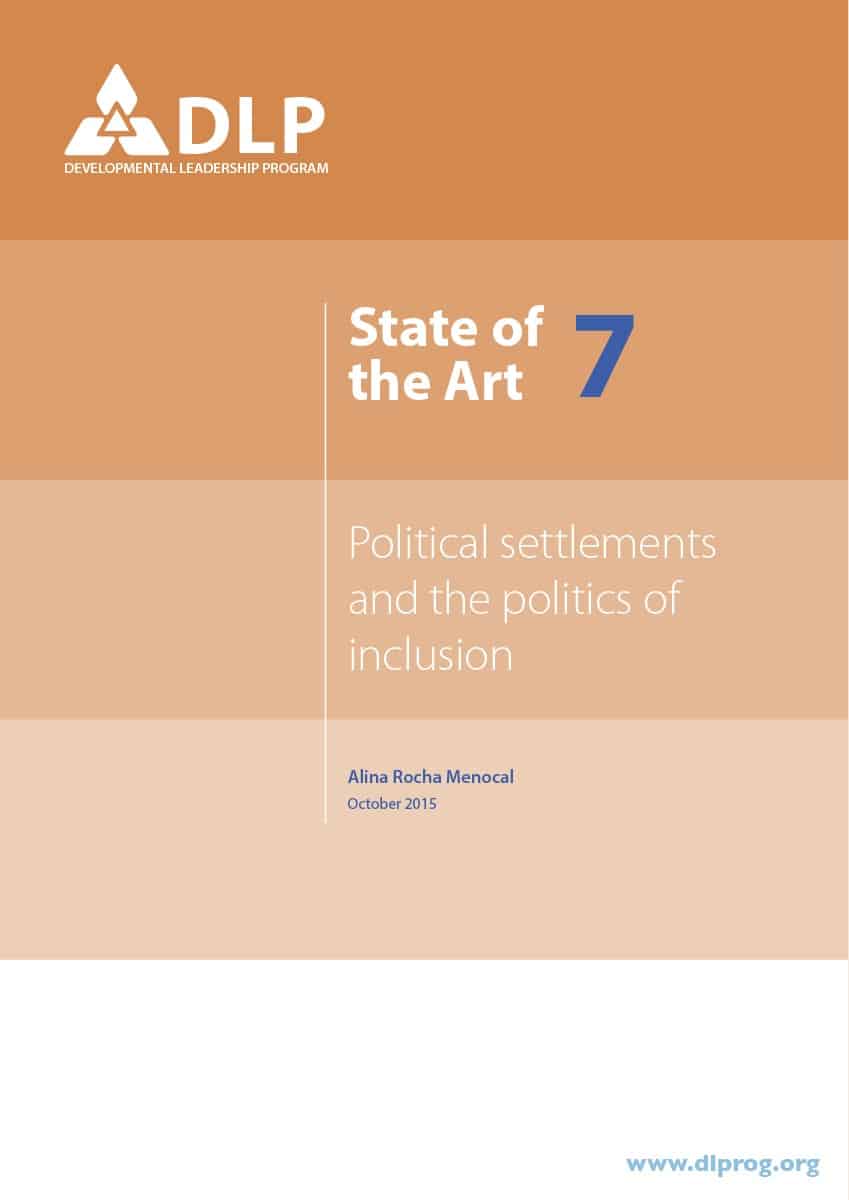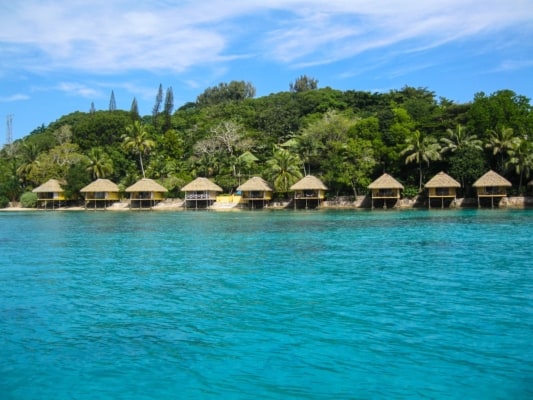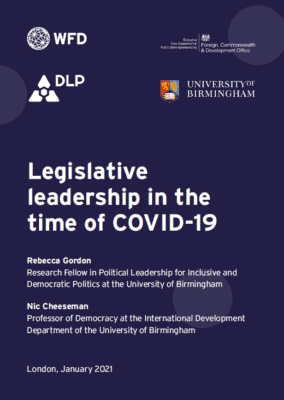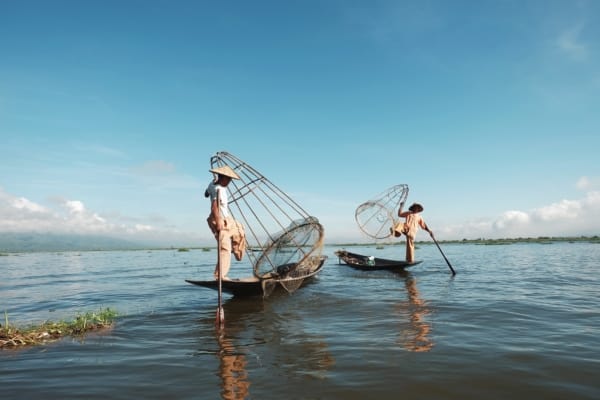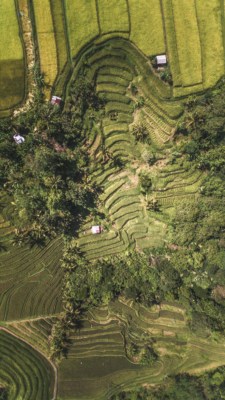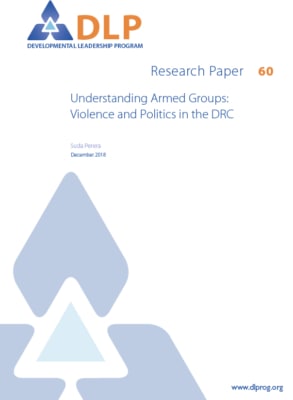This paper explores what political settlements are and why they are now at the centre of donor efforts to foster more peaceful and effective states and societies. Analysing available research, the paper finds that, at least in the short to medium term, more inclusive political settlements at the elite level are crucial to avoid the recurrence of violent conflict, and to lay the foundations for more peaceful political processes. The literature also suggests that, over the long term, states and societies underpinned by more open and more broadly inclusive institutions are more resilient and better at promoting sustained and broadly shared prosperity.
However, there is a big gap between these two findings: further research and learning are needed on how a political settlement with a narrow focus on elite inclusion can be transformed into a more broadly inclusive political order. The paper highlights insights from the literature that could help develop a more incremental approach to promoting inclusion.
Download the full paper below (PDF, 600 KB) or a summary (PDF, 160 KB).
See more discussion on political settlements by researchers, policymakers and practitioners in this series on the DLP blog:
- Inclusive political settlements: who and what gets included, and how? – Alina Rocha Menocal
- What do we do on Monday? Political settlements in theory and practice – Edward Laws (Independent researcher)
- Indonesia and the political settlements trap – Graham Teskey (DFAT)
- Two remarkable transitions: lessons from Oman and Somaliland – Sarah Phillips (University of Sydney)
- DLP political settlements workshop: reflections – Astrid Jamar (University of Edinburgh)
- Political settlements: people and the landscapes of power – Alan Whaites (OECD)
- Developmental leadership: putting inclusiveness first – Seth D. Kaplan (Institute for Integrated Transitions)

